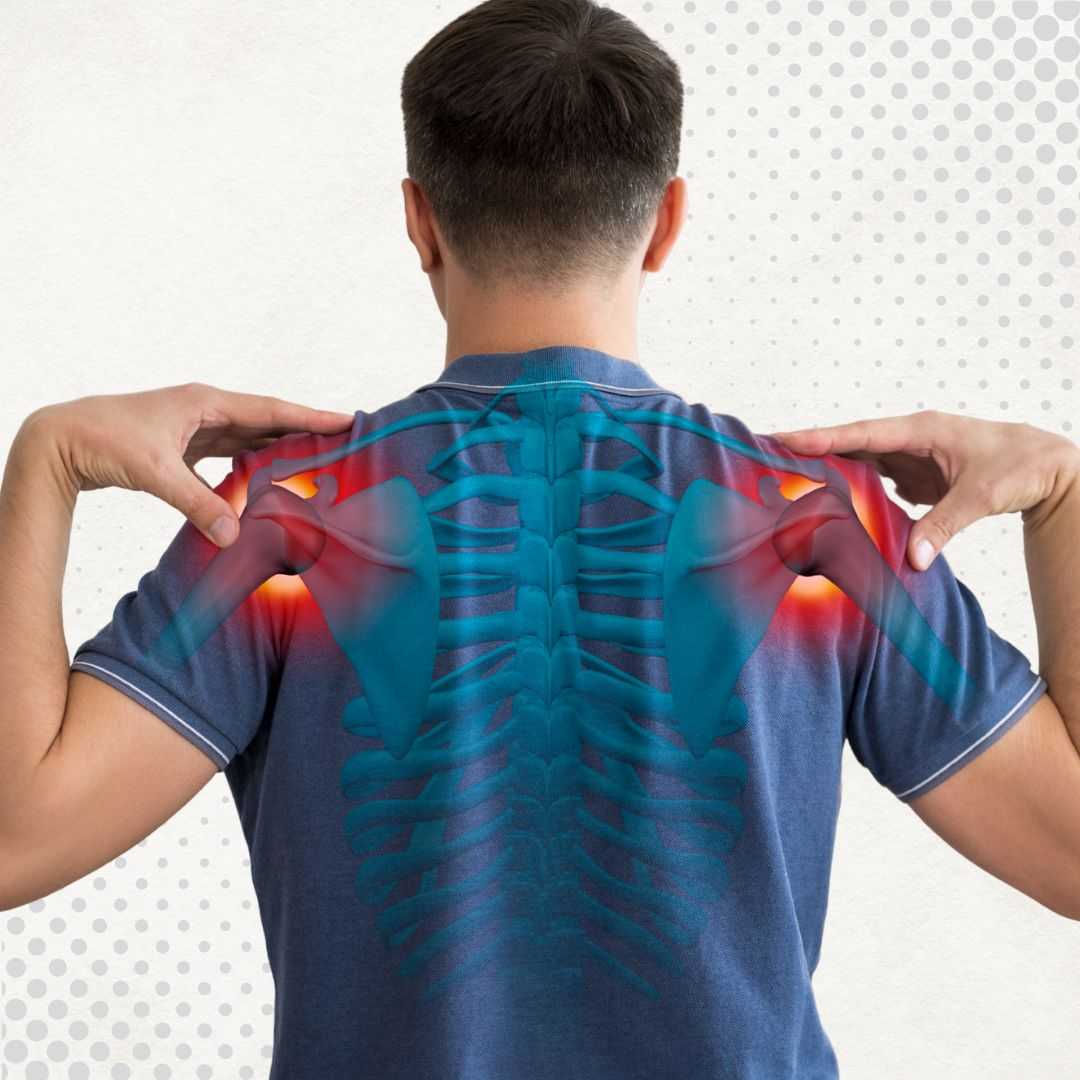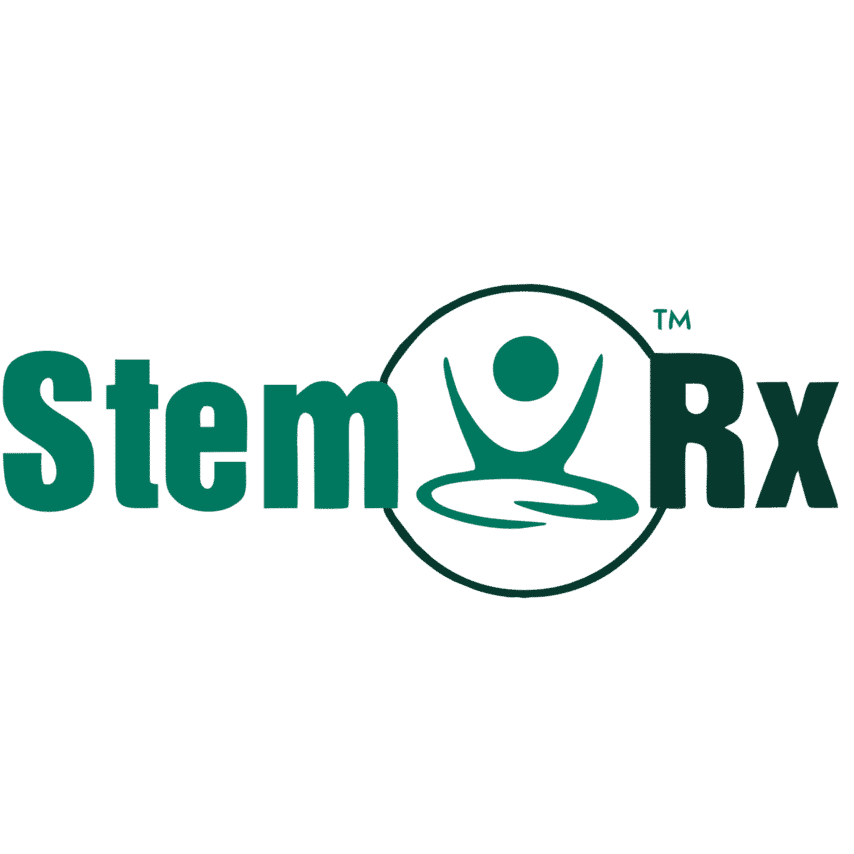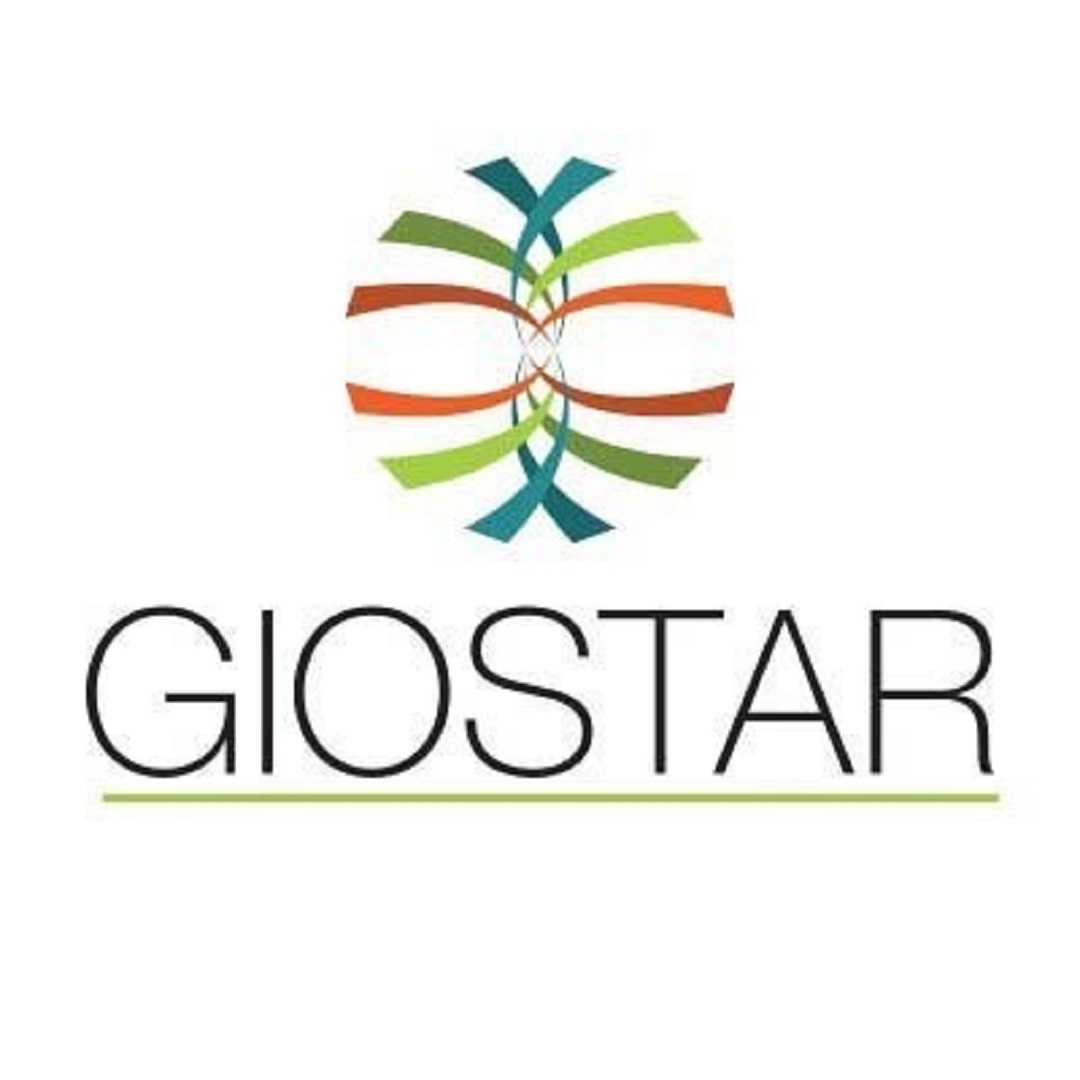.jpg)
For UK individuals diagnosed with chronic liver diseases, cirrhosis, or acute liver failure, the prospect of managing a progressive condition and facing potential transplant waitlists can be overwhelming.
Seeking a transformative alternative, many are now turning their attention eastward, where Liver Disease Stem Cell Treatment in India is rapidly establishing itself as a premier global hub for regenerative hepatology.
Leveraging advanced protocols involving mesenchymal stem cells (MSCs), Indian medical centers offer a promising non-surgical approach aimed at stimulating the regeneration of healthy liver tissue, reducing fibrosis, and significantly improving liver function markers.
This movement towards accessible, high-quality, and cost-effective regenerative therapy offers a beacon of hope for UK patients seeking genuine restoration and a substantial improvement in their quality of life.
Key Takeaways
-
Cost Advantage: UK patients can access cost for liver stem cell therapy in India for £4,000 – £10,000, approximately 70% less than experimental private treatments in Europe or North America.
-
Experimental Status: Unlike liver transplants (which are standard care), stem cell therapy for liver disease is classified as "investigational" by the Indian Council of Medical Research (ICMR). It is typically offered under strict clinical trial protocols or compassionate use.
-
Regenerative Focus: The goal is not to replace the liver but to regenerate damaged hepatocytes and reduce scarring (fibrosis) in conditions like Alcoholic Cirrhosis and Early-Stage Liver Failure.
Estimated Cost Comparison (Liver Stem Cell Therapy):
-
India: $5,000 – $12,000 USD (~£4,000 – £9,500 GBP)
-
United Kingdom (Private): £15,000 – £25,000+ (Rarely available, mostly trial-based)
-
USA: $25,000 – $50,000+ USD
-
Turkey: $6,000 – $10,000 USD
-
Germany: €15,000 – €25,000 EUR
Why Choose India for Liver Regeneration?
India is home to some of the world's highest-volume liver centers. For UK patients facing long NHS waitlists for liver management or those ineligible for a full transplant, India offers a "middle ground" of advanced biotechnology and affordability.
Indian hospitals are JCI-accredited and use Mesenchymal Stem Cells (MSCs)—usually autologous (from your own bone marrow)—to attempt to halt disease progression.
Benefits for UK Travelers:
-
High Volume Experience: Indian hepatologists treat thousands of liver cases annually, giving them unique experience in managing complex cirrhosis.
-
No Waiting Lists: Private hospitals in Delhi, Mumbai, and Chennai offer immediate admission for international patients.
-
English Proficiency: Medical staff in top-tier Indian hospitals speak fluent English, removing the language barrier often found in other medical tourism hubs.
.jpg)
Treatable Conditions & Protocols
Therapy is most effective for patients in the early to mid-stages of liver disease who still have some functional liver mass remaining.
The treatment utilizes Autologous Bone Marrow-Derived Stem Cells or Adipose-Derived Stem Cells.
1. Liver Cirrhosis (Alcoholic & Non-Alcoholic)
-
Goal: To reduce fibrosis (scarring) and improve liver function tests (albumin, bilirubin levels).
-
Method: Stem cells are often injected directly into the Hepatic Artery via a catheter (similar to an angiogram) to ensure they reach the liver tissue directly.
2. Chronic Liver Failure (CLF)
-
Goal: Bridge to transplant or stabilize the patient to delay the need for a full organ transplant.
3. Hepatitis Sequelae
-
Goal: Repair tissue damage caused by chronic Hepatitis B or C infection (after the virus has been treated/controlled).
The Procedure Steps:
-
Harvesting: 100ml-120ml of bone marrow is aspirated from the hip bone (under local anesthesia/sedation).
-
Separation: The sample is processed in an on-site lab to isolate Mesenchymal Stem Cells (MSCs).
-
Implantation: The concentrated cells are infused back into the patient, either intravenously (IV) or intra-arterially (into the liver's blood supply).
Important Regulatory & Safety Reality
UK patients must understand that stem cell therapy for liver disease is NOT a guaranteed cure and operates under "Investigational" status in India.
-
ICMR Guidelines: The Indian Council of Medical Research (ICMR) classifies stem cell therapy for liver cirrhosis as "experimental." This means it should ideally be administered as part of a clinical trial or approved study.
-
No "Standard of Care": It is not a replacement for a Liver Transplant. If your MELD score is very high (indicating end-stage failure), stem cells may not be effective, and a transplant might be the only option.
-
Patient Selection: Reputable Indian doctors will refuse treatment if your liver is too damaged to respond. Be wary of clinics that promise a cure for end-stage cirrhosis.
Expert Insight
"The liver has a remarkable natural ability to regenerate. Stem cell therapy in India attempts to 'jumpstart' this natural process in a liver that has stalled due to chronic scarring. It is not magic; it is biological support. Success is measured by a stabilization of the disease and improved quality of life, not necessarily by a complete reversal of cirrhosis."
Frequently Asked Questions (People Also Ask)
1. Can stem cells cure liver cirrhosis?
No, there is no "cure" for established cirrhosis. Stem cell therapy aims to halt progression, improve liver function, and improve quality of life. It may reverse some early fibrosis, but it cannot remove mature scar tissue.
2. How long does the stay in India last?
A typical protocol requires 7 to 10 days. This includes pre-op testing (1-2 days), the harvesting and injection procedure (1 day), and observation (2-3 days) before being cleared to fly.
3. Is the procedure painful?
The bone marrow harvest involves mild discomfort/pressure in the hip area. The injection into the liver is done via a catheter in the wrist or groin (like a heart stent procedure) and is generally painless under local anesthesia.
4. Will my UK doctor support this?
Most NHS doctors will be skeptical as this is considered experimental. It is vital to bring your full medical records (MRI, CT, Blood work) back to the UK so your local GP can monitor your liver enzymes post-treatment.
5. Why is it cheaper in India?
The lower cost is due to lower hospital operational costs, lower doctor fees, and the absence of the extreme insurance markups found in the US. The biotechnology used (kits, labs) is often identical to Western standards.
Explore Your Options for Liver Health
If you are seeking alternatives to "watchful waiting" for your liver condition, India's regenerative experts offer a proactive path forward.
PlacidWay helps UK patients navigate this complex medical landscape.




.jpg)




.png)
.png)
.png)
.png)






Share this listing